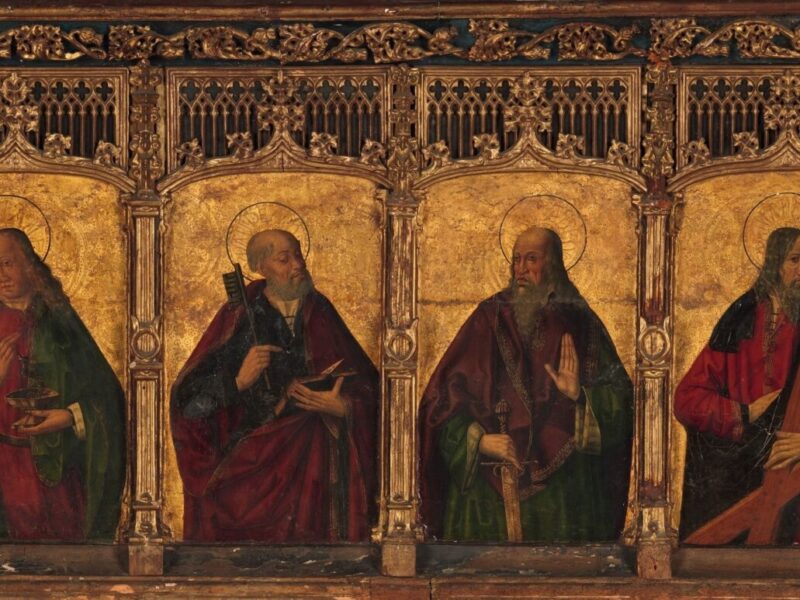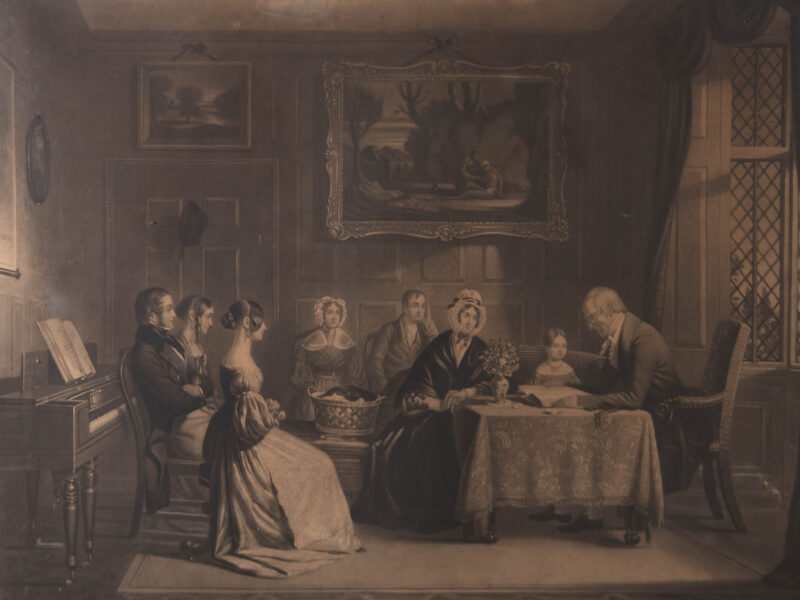Reading in Ryle’s Knots Untied, in the chapter on regeneration, it is interesting to see what Ryle says are the marks of regeneration. He uses the First Epistle of John to outline these marks, and here is part of what Ryle says about the first mark of regeneration:
Reader, I invite your particular attention to these marks and evidences of Regeneration, while I try to set them before you in order. Forget everything else in this volume, if you will–but do not forget this part of it. I might easily mention other evidences besides those I am about to mention. But I will not do so. I would rather confine myself to the First Epistle of John, because of the peculiar explicitness of its statements about the man that is born of God. He that has an ear, let him hear what the beloved Apostle says about the marks of Regeneration.
1. First of all, John says, “No one born of God makes a practice of sinning, for God’s seed abides in him, and he cannot keep on sinning because he has been born of God.” “We know that everyone who has been born of God does not keep on sinning.” (1 John 3:9; 5:18.)
A Regenerate man does not commit sin as a habit. He no longer sins with his heart and will, and whole inclination, as an unregenerate man does. There was probably a time when he did not think whether his actions were sinful or not, and never felt grieved after doing evil. There was no quarrel between him and sin–they were friends. Now he hates sin, flees from it, fights against it, counts it his greatest plague, groans under the burden of its presence, mourns when he falls under its influence, and longs to be delivered from it altogether. In one word, sin no longer pleases him, nor is even a matter of indifference–it has become the abominable thing which he hates. He cannot prevent it dwelling within him. “If he said he had no sin, there would be no truth in him” (1 John 1:8)–but he can say that he keenly abhors it, and the great desire of his soul is not to commit sin at all. He cannot prevent bad thoughts arising within him, and shortcomings, omissions, and defects appearing, both in his words and actions. He knows, as James says, that “In many things we offend all.” (James 3:2.) But he can say truly, and as in the sight of God, that these things are a daily grief and sorrow to him, and that his whole nature does not consent unto them, as that of the unregenerate man does. Reader, I place this mark before you. What would the Apostle say about you? Are you born of God?
Next we will see what Ryle says about belief being a mark of regeneration.
This post originally appeared at the Prydain website. It is republished here with Will Prydain’s permission.





'J. C. Ryle on the Marks of Regeneration' has no comments
Be the first to comment this post!